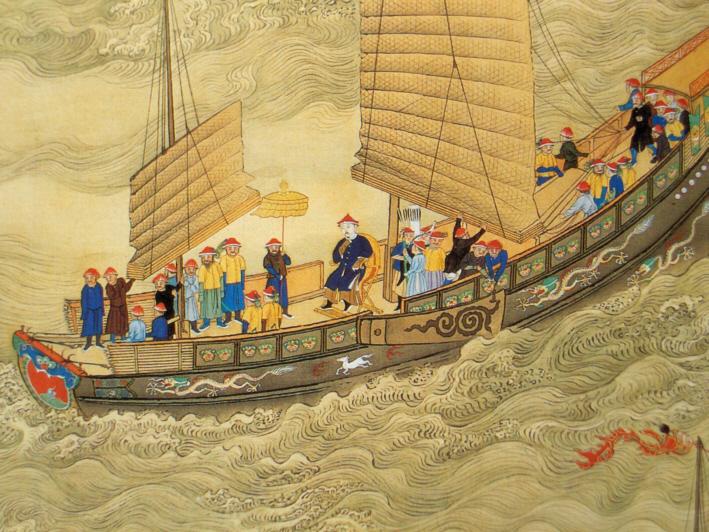Leaders of all types—presidents, CEOs, managers, parents—all grapple with the challenge of gaining and maintaining influence. Terrorists employ fear and desperation; politicians do it through endless posturing. Indulgent parents appease their spoiled children with toys and candy.
These measures are driven by the desire for immediate gain; they cannot be long-term solutions, and the side effects are often worse than whatever short-lived advantage they initially deliver.
What makes a leader effective, and how to achieve the ultimate influence—legacy?

The Temple of Heaven in Beijing, China. Wikimedia Commons





